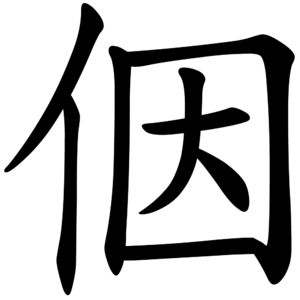Hokkien facts for kids
Hokkien is a Chinese language spoken by many people around the world. It's mainly found in southern Fujian, a province in China. You'll also hear it in Taiwan and in many countries across Southeast Asia, like Singapore and Malaysia. It's quite similar to another Chinese language called Teochew.
Contents
What is Hokkien?
Hokkien is a group of different but related ways of speaking. These are called dialects. It belongs to the Southern Min branch of Chinese languages. This means it has a long history and unique sounds and words that are different from Mandarin Chinese, which is the official language of China.
Where is Hokkien Spoken?
Hokkien is spoken in many places, not just China.
- China: It's very common in the southern part of Fujian province. Cities like Xiamen, Quanzhou, and Zhangzhou are places where many people speak Hokkien.
- Taiwan: Most people in Taiwan speak a form of Hokkien called Taiwanese Hokkien. It's a very important part of Taiwanese culture and daily life.
- Southeast Asia: Many people from Fujian moved to countries like Singapore, Malaysia, Indonesia, and the Philippines a long time ago. They brought their language with them. So, you can find Hokkien speakers in these countries too, especially among older generations.
Why is Hokkien Important?
Hokkien is important for several reasons:
- Culture and History: It carries a rich history and culture. Many traditional songs, stories, and operas are in Hokkien.
- Identity: For many people, speaking Hokkien is a strong part of their family and community identity. It connects them to their ancestors and heritage.
- Trade: Historically, Hokkien speakers were very active in trade across Southeast Asia. The language helped them communicate and build businesses.
How is Hokkien Different?
Hokkien has some interesting features that make it stand out.
- Tones: Like other Chinese languages, Hokkien uses tones. This means the meaning of a word can change depending on the pitch of your voice when you say it. Hokkien has more tones than Mandarin Chinese, making it sound different.
- Vocabulary: It has many words that are not found in Mandarin. Some of these words come from ancient Chinese, while others are unique to the Hokkien region.
- Pronunciation: The sounds in Hokkien are also different. For example, it has sounds that are not in Mandarin, and some sounds are pronounced in a unique way.
Learning Hokkien Today
While Mandarin Chinese is widely taught, many people are working to keep Hokkien alive.
- Schools and Classes: In some areas, there are classes for children and adults to learn Hokkien.
- Media: You can find Hokkien TV shows, radio programs, and music. This helps people practice and enjoy the language.
- Family: Many families continue to speak Hokkien at home, passing it down to younger generations.
Hokkien is a vibrant language with a strong community of speakers around the world. It shows how diverse and rich the world of languages can be.
See also
 In Spanish: Chino min nan para niños
In Spanish: Chino min nan para niños


